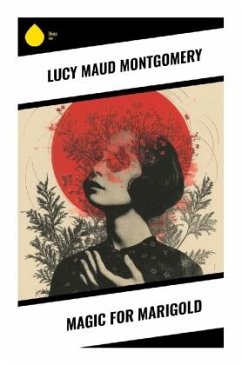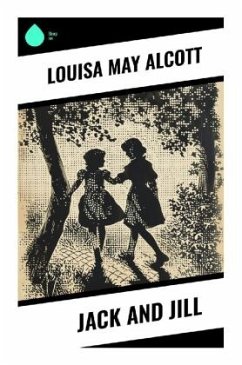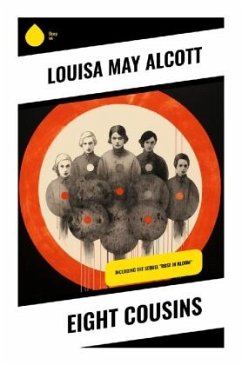
Jane of Lantern Hill
Including the Memoirs of Lucy Maud Montgomery
Versandkostenfrei!
Versandfertig in 6-10 Tagen
12,40 €
inkl. MwSt.

PAYBACK Punkte
0 °P sammeln!
In "Jane of Lantern Hill," Lucy Maud Montgomery weaves a poignant tale of self-discovery and resilience set against the backdrop of Prince Edward Island. The novel follows the life of Jane, a spirited young girl who yearns for freedom from her constrictive upbringing. Montgomery's narrative style is rich with vivid descriptions and introspective characterizations, capturing the essence of childhood wonder and the complexities of familial relationships. As Jane navigates her dual existence between her overbearing mother and her kind-hearted grandfather, the reader is invited to explore themes o...
In "Jane of Lantern Hill," Lucy Maud Montgomery weaves a poignant tale of self-discovery and resilience set against the backdrop of Prince Edward Island. The novel follows the life of Jane, a spirited young girl who yearns for freedom from her constrictive upbringing. Montgomery's narrative style is rich with vivid descriptions and introspective characterizations, capturing the essence of childhood wonder and the complexities of familial relationships. As Jane navigates her dual existence between her overbearing mother and her kind-hearted grandfather, the reader is invited to explore themes of identity, nature, and the transformative power of love. Lucy Maud Montgomery, best known for her beloved "Anne of Green Gables," imbues her works with deep emotional resonance and a keen observation of human behavior. Montgomery's own experiences of growing up in rural Canada, enduring family struggles, and exploring the dualities of her own identity deeply inform Jane's journey. Her intricate understanding of childhood and familial dynamics comes vividly alive in this novel, bridging the gap between personal narrative and universal truths. "Jane of Lantern Hill" is highly recommended for readers who appreciate heartfelt storytelling that bridges innocence and maturity. Montgomery crafts a world that invites readers to reflect on their own relationships and dreams, making this novel a timeless exploration of what it means to belong. Whether you're revisiting Montgomery's classic style or exploring her works for the first time, Jane's story will linger in your heart long after the final page.












